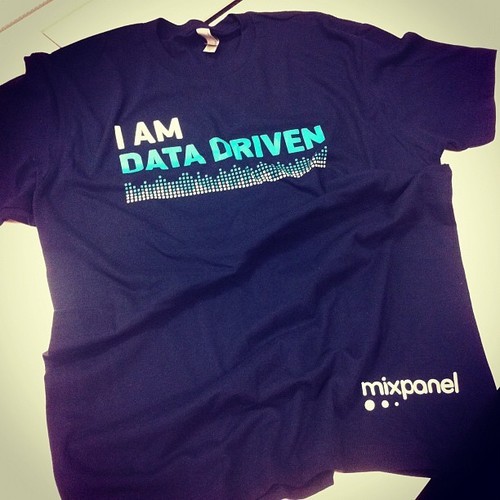Startups are the very definition of going against the grain and doing something different. Yet, during my time as an entrepreneur, I’ve noticed they have their own set of conventions around how things should be done - whether it’s fundraising, developing a growth strategy or hiring new employees.
I disagree with this notion strongly, and believe that each startup needs to find its own unique path to success. There is no incorrect of doing things, and in fact, those who take the lesser-known approach are often more successful.
Yesterday, I shared a keynote presentation on this very topic with MaGIC, a fast-growing entrepreneurship center in Malaysia led by my good friend Cheryl Yeoh.
Cheryl and I met during the rise of the New York tech ecosystem, both of us first-time entrepreneurs who were following our dreams in an environment ripe with opportunity. Over the course of a few years, we witnessed a unique transformation of New York from an also-ran to the second most funded tech ecosystem in the world (though, really, we’d happily tell you we’re #1). It was a result of the confidence, attitude and hard work of the entrepreneurs, who did what they could with the resources they had and ultimately became a magnet for the VC funding, accelerator programs and government involvement which followed years later.
One important aspect of the New York tech ecosystem is that we didn’t model ourselves on Silicon Valley or the conventional way of building a startup ecosystem. Rather, we built a community that was unique to our strengths, interest and experience. We took advantage of the diversity of our city, our dominance in many industries (fashion, real estate, banking, marketing, etc) and the city’s incredible geographic efficiency.
=============================
Subscribe to my newsletter to receive essays on marketing + mobile.
=============================
The story of New York is a great example for all emerging startup ecosystems, not only for the one in Malaysia where the seeds are already in place and the foundation for growth is excellent. Each of these ecosystems have something unique to share, but to be noticed, they must forge their own path and behave like a true Challenger. Government funding alone will not help them to succeed, nor will an attitude that’s focused more on what is lacking versus what is abundant.
Being a Challenger is difficult but very rewarding. I’ve often found that my ideas on marketing and growth run counter to startup conventions, which are dominated by blind faith in data and a culture of indiscriminate testing, while lacking a true focus on people. These ideas have been propagated for years by many who built the foundation of Silicon Valley. They’ve forgotten that people are the only ones that matter, especially as technology becomes more personal (think mobile and wearables) and increasingly molded to fit our lives.
My keynote in Malaysia was a great opportunity to articulate some of these opinions, which I list below and will discuss in more details in future blog posts:
- Put people at the center of your company
- Answer the “Why?” with deep human insights
- Invest in relationships
- Focus on one: customer, niche, message
- Celebrate great ideas
- Create a minimum beautiful product
- Think first, test later
- Create a growth process
- Make growth a team sport
Thanks to Cheryl for giving me the opportunity to share my perspective on startups and growth. The experience not only clarified my own beliefs on what is truly necessary for success, but also drew my attention to the incredible opportunities in emerging startup ecosystems around the world, including Malaysia, my home country of Poland and elsewhere.
It’s inspiring to see such excitement about technology and the gradual shift from shiny gadgets to products and services that truly enrich people’s lives. It validates the beliefs I’ve always held as true, and it motivates me to find the opportunities where I can truly excel.
I challenge everyone to forge their own path as well, and answer the question that Peter Thiel so eloquently posed:
“What important truth do very few people agree with you on?”
=============================
Subscribe to my newsletter to receive essays on marketing + mobile.
=============================
